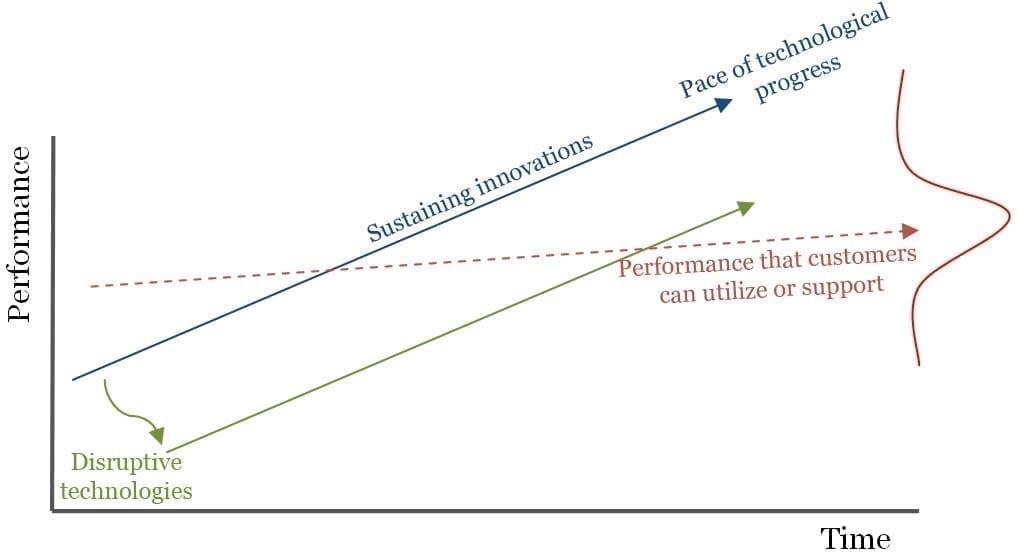
- Image via Wikipedia
A few weeks back, we covered the “debate” that composer Jason Robert Brown had with a young fan of his, concerning the reasonableness of sharing digital copies of his sheet music online. For some reason, Brown keeps appearing in the press over this issue, which is a bit unfortunate, as there are plenty of folks who understand the issues at a deeper, more nuanced level than he does, and could do a better job presenting his case. However, the latest appearance of the story was at NPR. There’s really not much new there, as it rehashes the basics that you’re probably already familiar with.
However, what I did find interesting, was that the NPR piece mentioned an email that Alex Feerst, from Stanford Law School, sent Brown, suggesting that Brown was mistaken about some of his arguments. Brown got permission to publish the email a few weeks ago (though I just found out about it via the NPR story), and it’s well worth reading. Much of it will sound familiar to regular Techdirt readers, as it covers much of the same ground, such as pointing out that copyright is designed to promote the progress, not to protect an artist’s moral rights. It also does a nice job pointing out how copyright is regularly abused by industries trying to hold onto an obsolete business model, and that we shouldn’t confuse promoting the progress with propping up obsolete business models or middlemen. As I said, the whole thing is well worth reading.
One part, early in the email, stood out to me, because it helped crystallize why so many of these discussions about copyright break down, which is that defenders of today’s copyright system often conflate two very separate issues, which makes it difficult to move the debate forward: that is, they inherently link together the “this is how I get paid” part with the idea that “this is my right.” As Feerst eloquently explains:
In your email, you shift from this idea, the zero-sumness of a physical object, to the broader point that you deserve to be paid for your work (right around where you say “The way I support myself and my family. . .”). But these are two separate points, one correct and one not, that you have run together — (1) songs are like objects, when they are taken by one person, another person is deprived of their use. This is not accurate — you may have been deprived of money, but not use. You can keep playing your song. (2) You deserve to get paid for your work. I agree with this completely. But your story conflates using the song and paying you for your work. They are not the same thing. It’s not hard to imagine a world in which these are separate — e.g., you get a generous monthly stipend that you are happy with from a patron on the condition that anyone can play your music, trade your sheet music, etc.
These two issues — payment and ownership/control of copies should be conceptually separated. They are connected under our current system, but they are not naturally or necessarily connected. We can unfasten them and toggle them separately to see what happens. If we could imagine other ways for you to get paid for your work (maybe we can’t, but assume for argument’s sake we can) as an artist, then whether or not people “take” your song is beside the point. You only want to stop people from taking things because you need to get paid. If you got an acceptable income from your work, you would probably not care about who plays or doesn’t play your song. This is because, unlike a screwdriver, it is not bound by physical world zero-sumness. In fact, you’d probably prefer such a system because you’d get paid and at the same time a greater number of people would hear your song. I think your teen correspondent mentioned a similar point.










